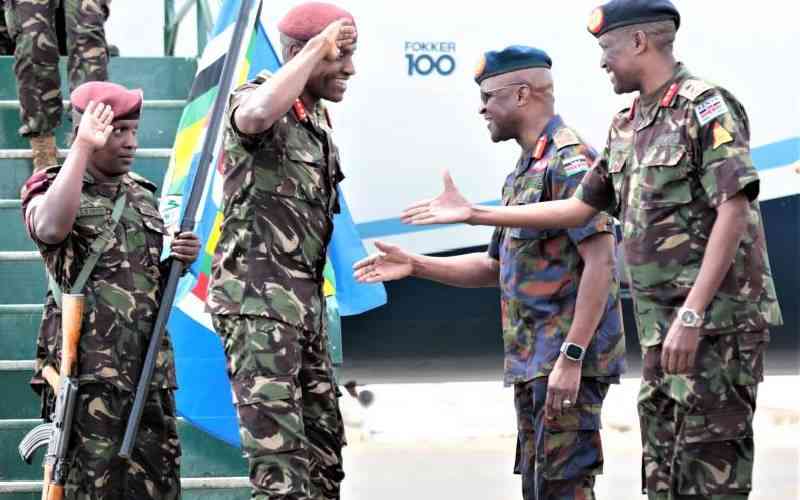×
The Standard e-Paper
Smart Minds Choose Us

After a year of chasing an elusive calm in the eastern Democratic Republic of Congo, the last of the East African Community Regional Force (EACRF) departed the troubled nation yesterday.
Their exit ushers in uncertainty, even as troops from the Southern African Development Community (SADC) replace the East African forces.